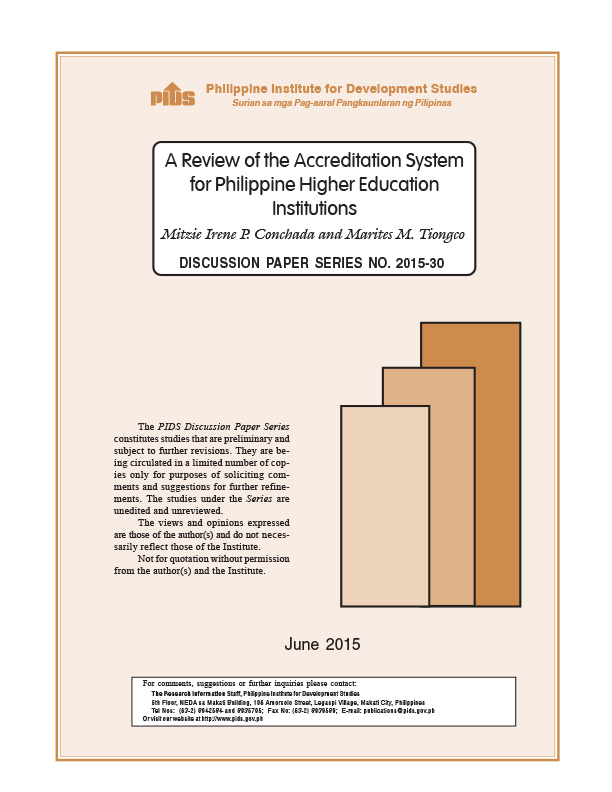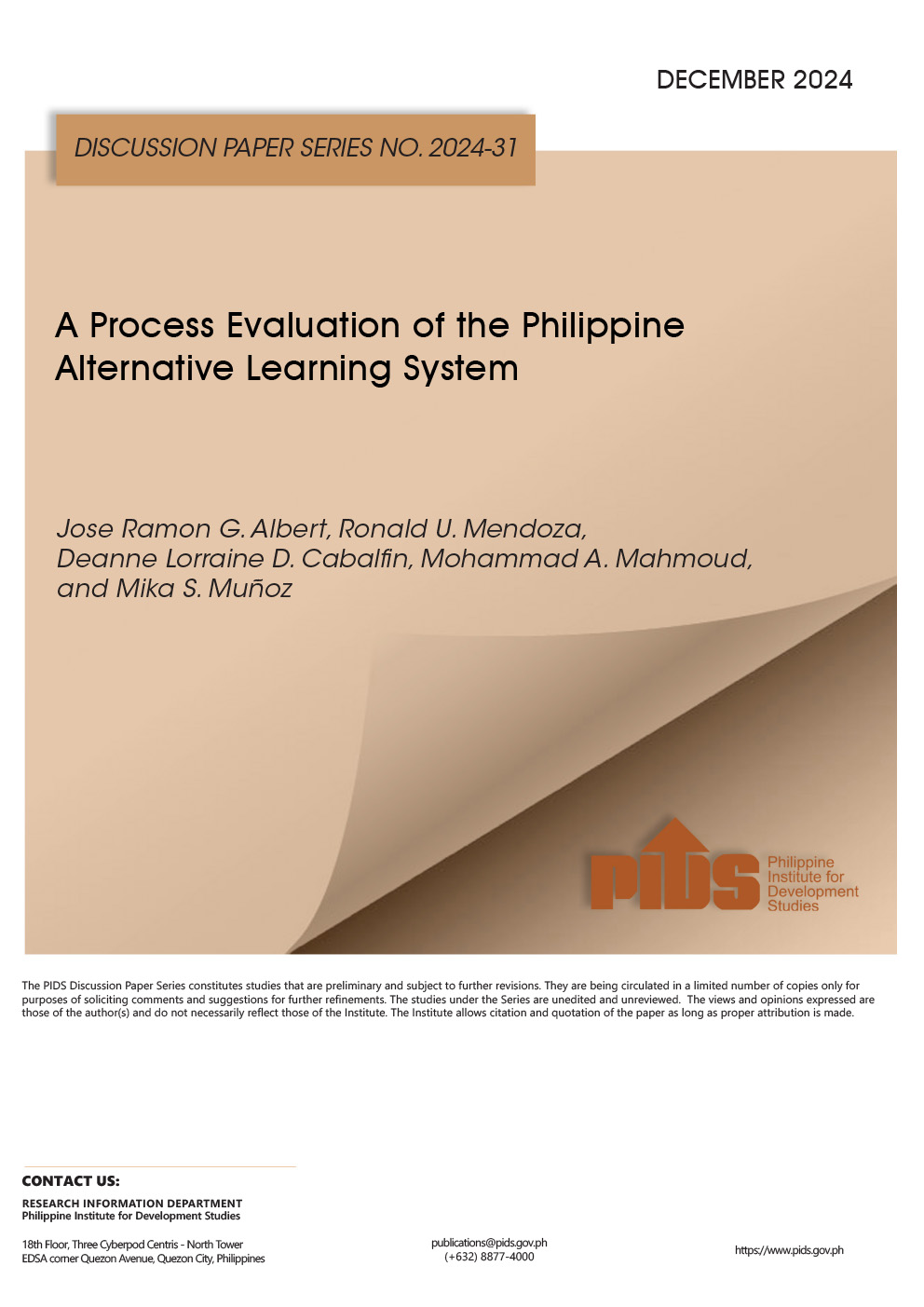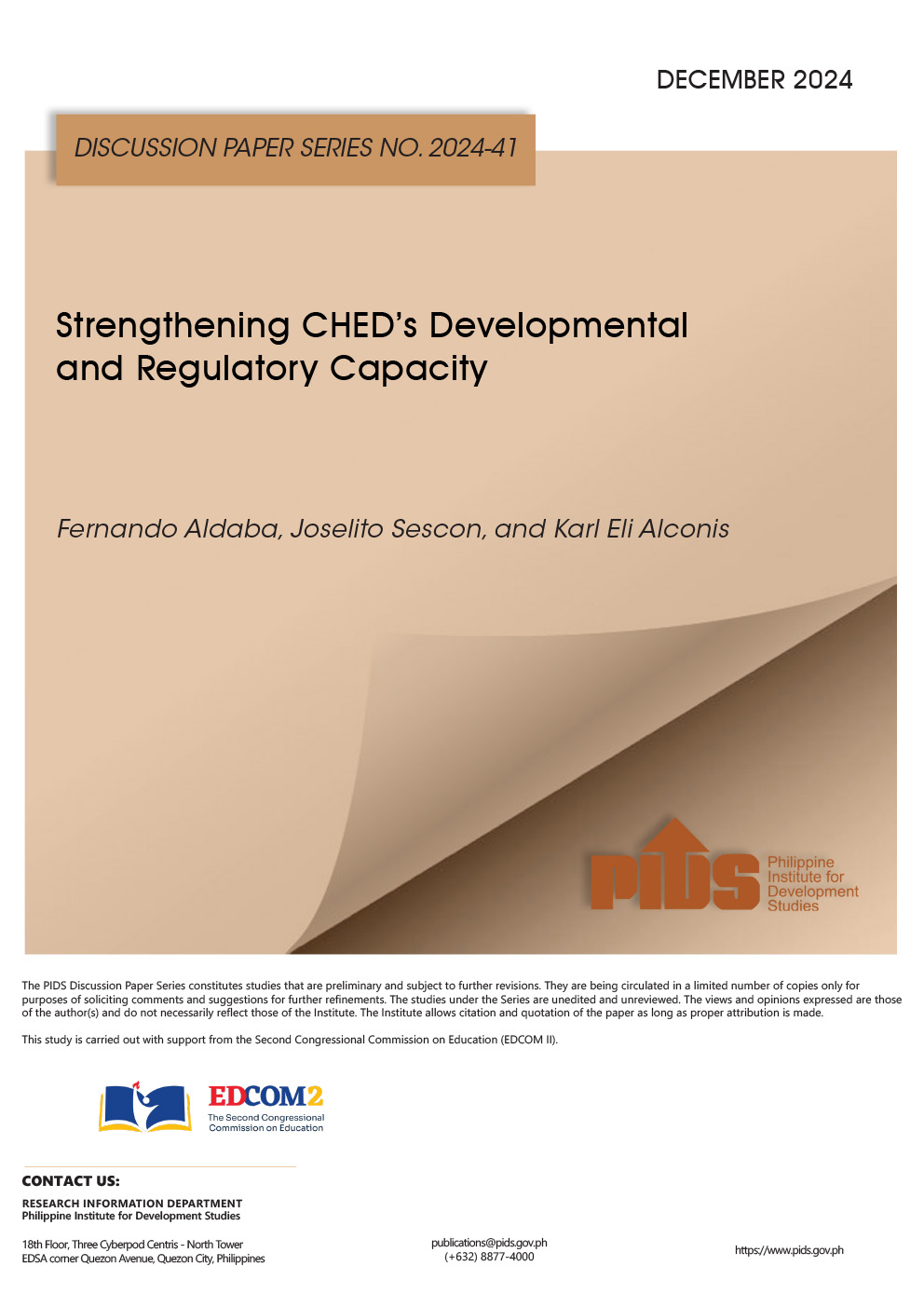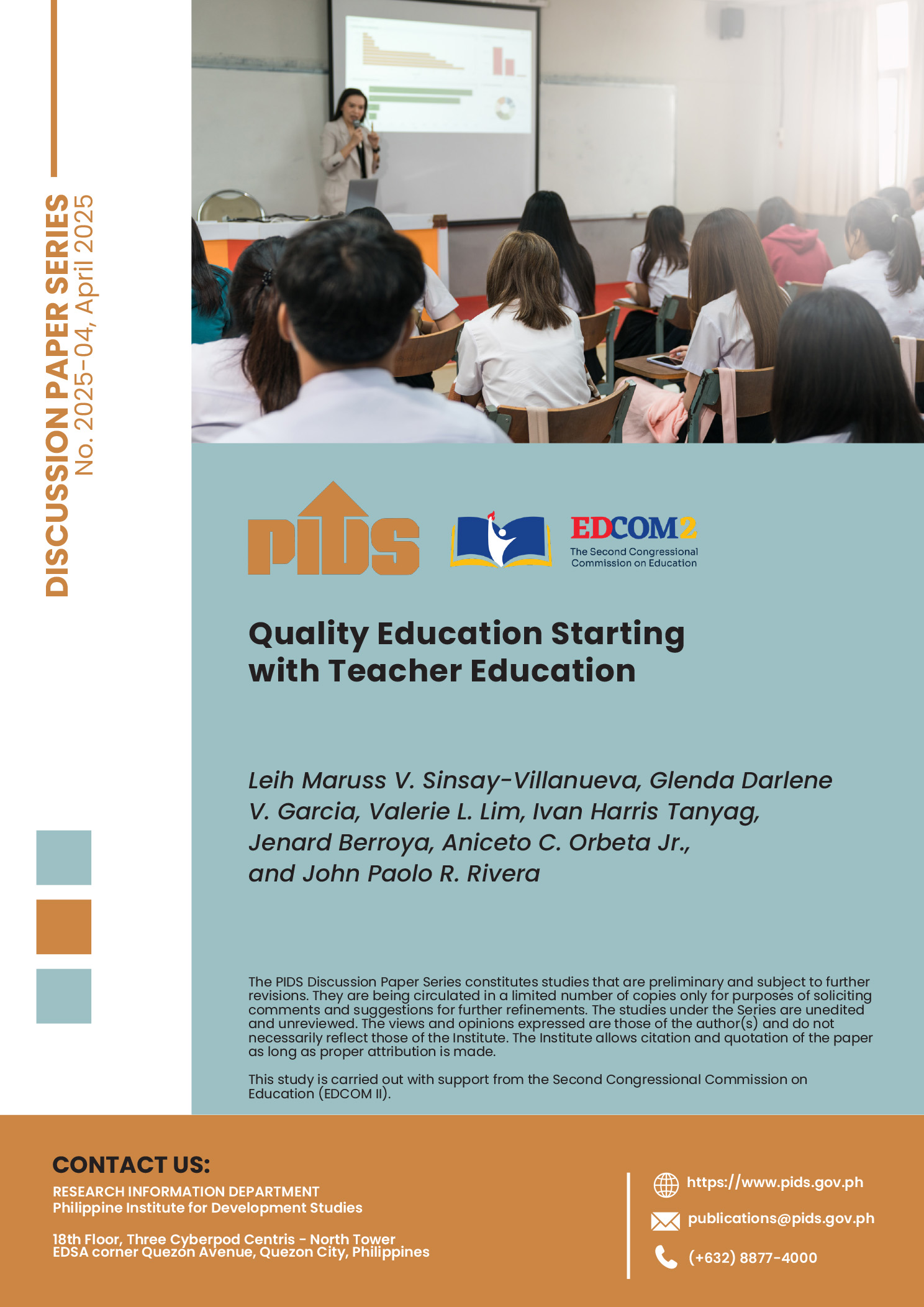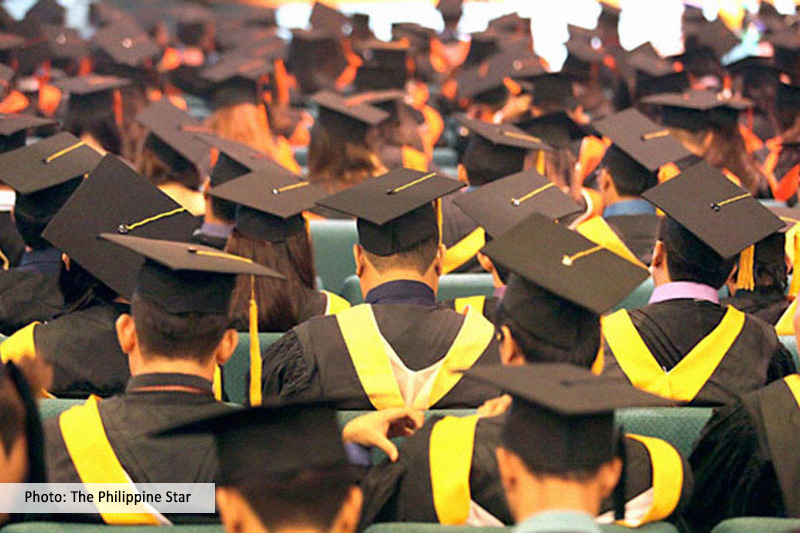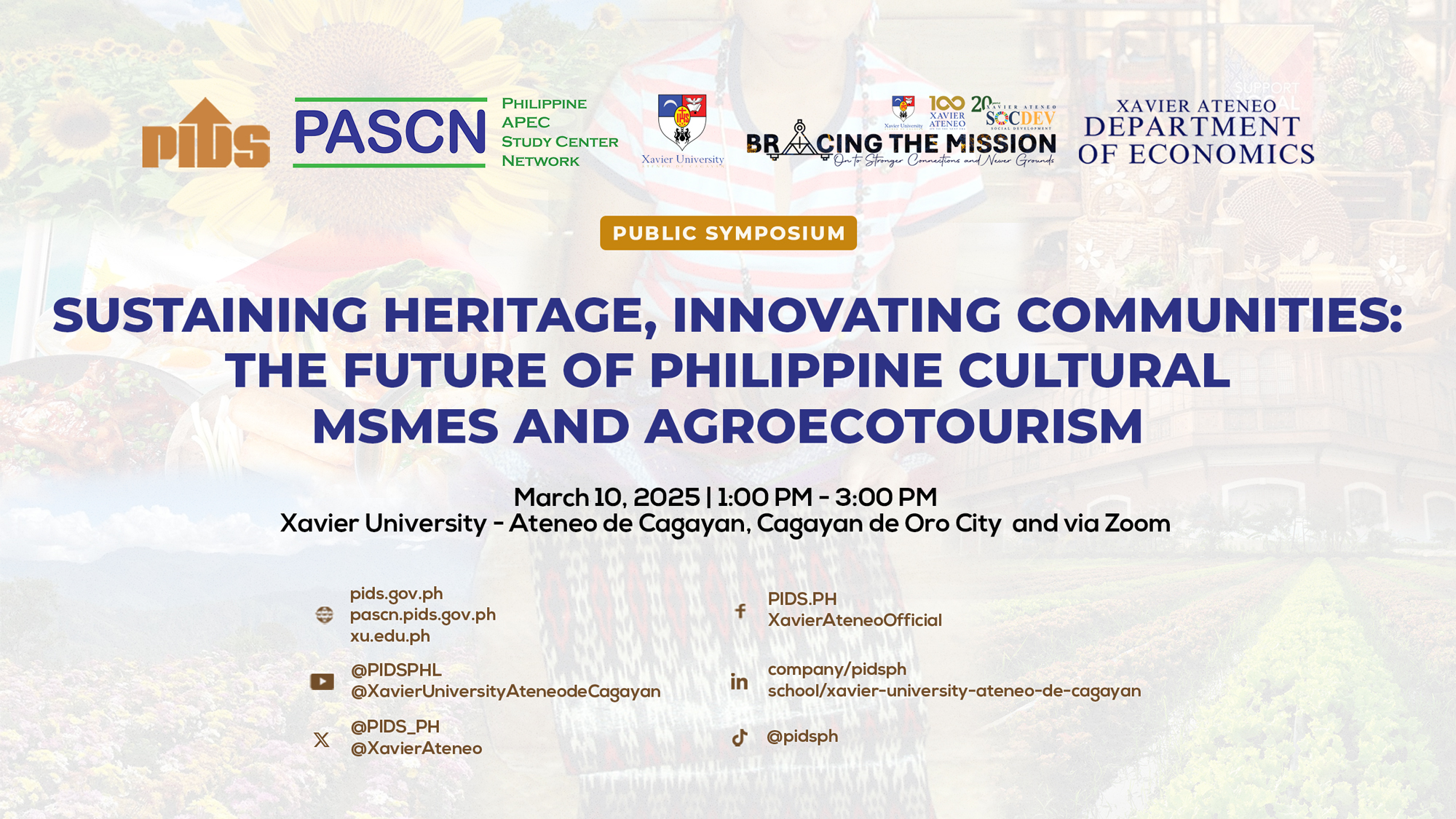For any developing country, improving the quality of higher education institutions is of paramount interest to government agencies especially the Commission on Higher Education. Several reforms have taken place and that one of the initiatives being done is rationalizing the structure of public higher education and improving the budget to ensure resource mobilization and cost efficiency. Despite these efforts, there are several issues that need to be addressed and one is the voluntary nature of the accreditation system. Another related issue is the number of multiple agencies catering to the accreditation of the various higher education institutions. This paper reviews the existing accreditation processes and roles of accrediting bodies to present a clearer perspective on the current situation of higher education institutions. Similar to other countries in the region, the accreditation process in the country is initiated by the private sector and is also voluntary, which adheres to the nature of the academe. Though it is a way of fostering academic freedom and motivating some institutions to compete, this could result in complacency in others. Policy implications include reshaping the institution in terms of keeping an accreditation mechanism built into the system, such as a quality assurance framework.
Citations
This publication has been cited 1 time
- Tumapon, Teresita. 2017. Expediting QA exhibits . Manila Times.

